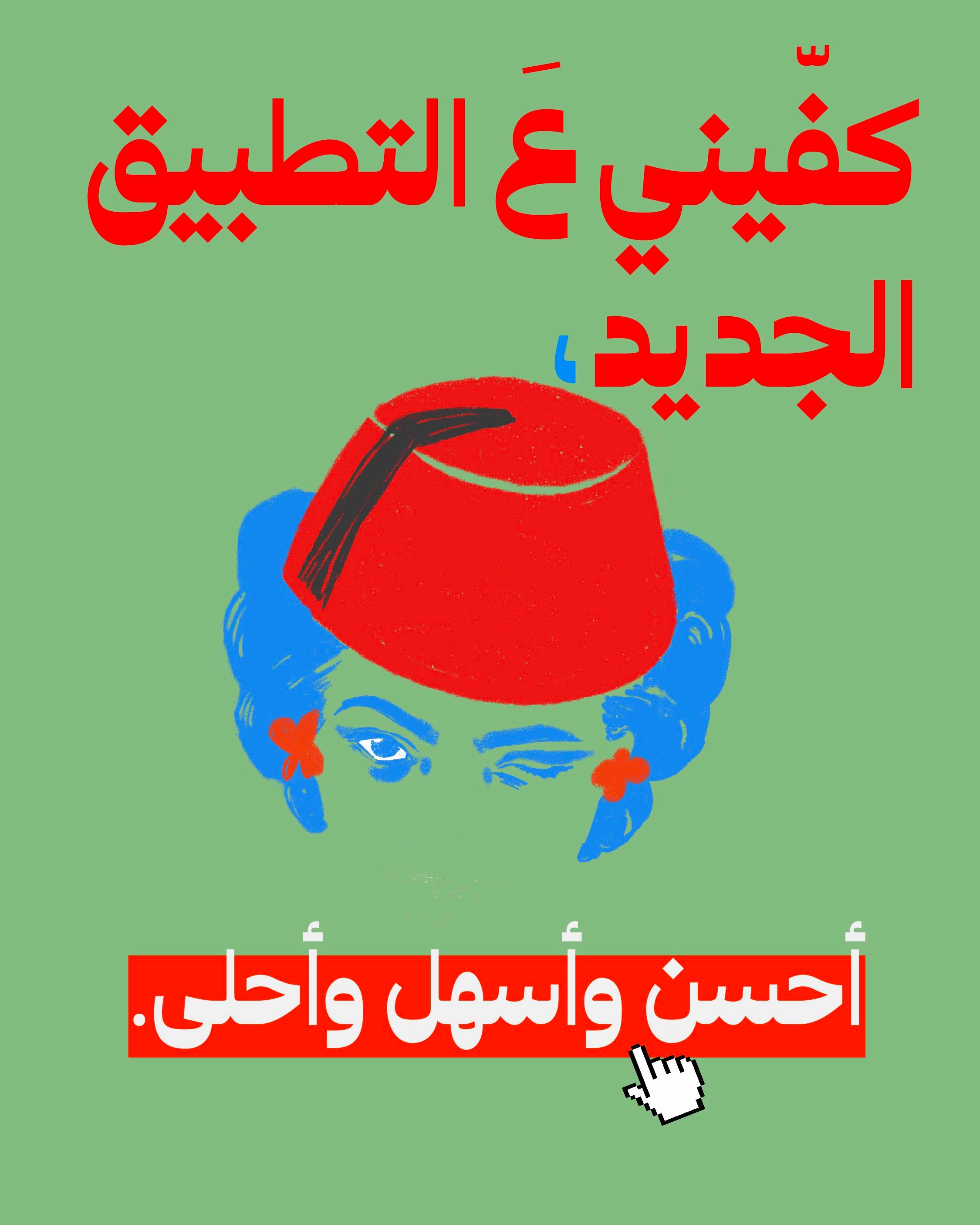The Prophet did not want any documents circulating other than the words of Allah, including documents attributed to him. So how was Hadith recorded? And what is the hidden history of this documentation? In Sahih Muslim narrated on the authority of Abu Said Al Khudri, the prophet said “Don’t write about me and anything written about me other than in the Quran should be erased” and in the Sunnan of Al Tirmidhi also on the authority of Abu Said Al Khudri “We asked the Propher permission to write and he declined” and Ahmed Ibn Hanbal in his Musnad narrated from Abu Huraira said when the Prophet heard what they were writing he became angry and said “Books other than the book of God? Praise the book of God and be faithful to it”. Abu Huraira said we gathered everything we had written in one pile and set it on fire. Despite the prophet’s censure of writing the Hadith, there are accounts that champion their writing. Bukhari recounts that the Prophet gave a sermon during the conquest of Mecca and a man requested of the prophet to inscribe the sermon so the Prophet said: “Write it for Abu Shah”. Abu Huraira also recounts that Abdallah Ben Amr has more hadiths than him because he would write. Askalani said “And we can deduce that the prophet had permitted the writing of his Hadith” and in the Sahih of Abd Allah Ibn Amr the Prophet was asked if he could write what he heard from him in all situations so the prophet answered, “Yes I speak only the truth”.
The thinker Ahmed Amin commented on this in his book “The dawn of Islam”: Some scholars wanted to reconcile the conflicting Hadith, They said it was forbidden to write them when the Quran came down for fear that the Qurran would be confused with the Hadith”.
On the weakness of Hadith: Al Nawawi said “Abu Bakr Al Sadeek narrated one hundred and forty-two Hadith, Bukhari and Muslim agreed only on six of them, Bukhari verified eleven on his own and Muslim confirmed one Hadith.
If the closest companions (Sahabis) of the Prophet related so little from him as we have already pointed out, where did all the Hadith come from? All fingers point to Aisha?
But Muhammad Rashid Reda defended that the Prophet did not order the inscribing of the Sunnah and said “The narration with the greatest veracity is the Hadith narrated by Abu Said Al Khudri that said that the Prophet had forbidden the writing and there is nothing from other narrations that contradicts this and the justification against it is invalid due to its weakness and the absence of proof.” However, Shaykh Muhammad Abu Zahu believes that the narration of Abu Said is invalid and its source is not the prophet. He said “Even if we decided that this hadith comes from the prophet, I lean towards the belief that the last order of the prophet was to write the Hadith.
Abu Bakr burns the books of Hadith
There are numerous accounts in history books that suggest that the refusal to write Hadith continued after the death of the Prophet, during the reign of the Caliphs, weakening the argument that the Prophet changed his mind and permitted the writing of his words beyond the Quran. The first Caliph Abu Bakr forbid writing the Hadith. Aisha the wife of the prophet narrated in Abu Dhahbi’s “The memorial of the Hadith masters” that Abu Bakr collected 500 Hadith of the Prophet then after one night of torment, he asked her to tell him the Hadith she knew and she did and then he gathered them and burned them. Aisha asked him why did you burn them? And he said “I feared that I would die with these words on me and they would be full of his words that I trusted but it would transpire that it was not what he said and I would have relayed them incorrectly”. This narrative is verified by Abu Bakr who has the least narrations of the Hadith of all the companions of the prophet despite him being the companion that was with him the most. Al Nawawi said “Abu Bakr Al Sadeek narrated one hundred and forty-two Hadith, Bukhari and Muslim agreed only on six of them, Bukhari verified eleven on his own and Muslim confirmed one Hadith. The reason for him having so few hadiths despite him being the closest companion of the prophet is because he died before the spread of Hadith and the followers of Islam becoming more concerned with hearing, gathering and preserving them.”
Omar: From Forbidding Hadith to Jailing Narrators
The Caliph Omar ibn al-Khattab was more vehemently opposed to narrating Hadith than Abu Bakr. In a bid to restrict this, Ibn al Khattab consulted with the companions of the Prophet about writing the sunnah and the majority of them recommended it. After a month he said “If people of the book before you have written books alongside the book of God, they referred to it and neglected the book of God and by God I will not let anything rival the book of God” and he abandoned writing the book of Sunnah but Omar did not leave it at that, he also burnt the books that included Hadith. In the “restriction of knowledge” by Al-Khateeb it said that Omar Ibn al Khattab heard that certain books circulated among the people, he asked people to see these books so they assumed he wanted to read them, so they bought them to him and he burnt them. Omar forbid narrators from spreading Hadith. In “A brief history of Damascus” by Ibn Manzoor and “Beginning and End” by Ibn Katheer they mentioned that Ibn Al Khattab told Abu Huraira “They must stop this talk of the prophet of God or I will stomp them into the ground” and he told Ka’b “They must stop this talk or I will send them to the land of the monkeys” and in “the memorial of the hadith masters” of Imam Al Dhahabi he chronicled how Umar imprisoned three people: Ibn Massoud, Abu Al Dardaa and Abu Massoud Al Ansari. He said “You have talked too much about the Prophet of God” and in the ‘the book of guidance” of Abu Yali Al Khalili it mentions how Omar Bin Al Khatab imprisoned a number of people among them Abu Huraira and said “They told stories from the prophet of God” and they stayed in his prisons until he died.
The Sahaba Did Not Endorse Hadith
Uthman ibn Afan was one of the most important of the prophet’s companions and he did not talk much about the prophet. In “the book of the major classes” by Ibn Sa’d he it is said Uthman ibn Afan stood on the podium and said “It is not allowed for anyone to narrate a Hadith that they did not hear in the eras of Abu Bakr or Omar, it did not prevent me from talking about the messenger of Allah not to be aware of his friends, I heard him say “Whoever says things I did not say has earned his seat in hell” and he left the companions to speak of the prophet, Al Bukhari narrated from Al Sa'eed Bin Yazid that he befriends the closest of the companions of the prophet and never heard them speak Hadith saying “I only heard Talha speaking of one day” Hafez Ibn Hagar explained the Hadith, Ibn Batal and others said “ Many of the close companions of the prophets did not speak about the prophet fearing adding or subtracting from the account. Al Askalani said “There was a group of companions of the prophet and followers writing Hadith and preferred that someone learn it by word of mouth as they had learned it by word of mouth, but when their numbers decreased, the Imams feared that that knowledge would be lost so they inscribed it.
Sheikh Mohamed Abu Rayah said in his book “Shedding light on Mohammedan sunnah’ the Rashidun Caliphs and the close companions and scholars avoided and even feared narratives of the prophet, meaning that they know that they could recount what they heard from the prophet accurately. Muhammed Rashid Reda said of the Sahabis ‘they did not want the Hadith to become part of religion in the way the Quran was and had they understood that the prophet wanted that they would have written and gathered everything they had heard from the prophet and spread it among the people. Mustafa El Sebaie is opposed to this train of thought and said that this stems from the fear of mixing up the words of the prophet with the Quran and he does not see in this account any contradiction, what is forbidden he believes is the official documentation of the hadith like the Quran but what is permitted is the documentation of sunnah in order to avoid confusion or the permitting of some of the companions to write the sunnah for themselves.
Between Abu Huraira and Aisha
If the closest companions (Sahabis) of the Prophet's related so little from the Prophet as we have already pointed out, where did all the Hadith come from? The companions of the Prophet who talked most about the Prophet were six headed by Abu Hurairah and Aisha. What was the opinion of each other? According to the "Brief History of Damascus" by Ibn Manzoor that two men from Bani Amer met Aisha and said “Abu Huraira said that what brings down a house is women and horses” this angered Aisha and she responded “This is a lie and what brings suffering to Abu Qasim is what he said, this is what the people before Islam suffered from.”
According to Aisha’s words Abu Huraira lied, when they met in person she accused him of making up hadith and instead of defending himself, he began to talk about her. In the book “ Fath Al-Bari the explanation of Sahih Al Bukhari” by Ibn Hagar Al Askalani “Aisha said to Abu Huraira , you narrate things about the prophet that I never heard from him so he told her, well you the mirror and makeup took you away from him while nothing took me away from him.”
Compiling and Politics
The compiling of the Hadith which began late in the second century AH, before al-Bukhari and after the death of the companions and most of the followers, was ordered by the rulers of the Umayyad dynasty. Al Shehab Al Zohri was the first to compile Hadith and was forced to do so according to Ibn Abdul Barr’s book “the statement of science” he said “I hesitated until I was coerced to do it for the princes, so when I was coerced I did it for the people”. The Umayyad rulers continued to coerce narrators to codify the Hadith of the Prophet to cement their rule. The thinker Ahmed Amin said in his book " Dawn of Islam ": the rivalry between Ali and Abu Bakr, and between Ali and Muawiyah, and between Abdullah bin Zubair and Abdul Malik, and then between the Umayyads and Abbasids, all of this was a reason to compile a lot of hadith. " In his book “Shedding Light on the Mohamedan Sunnah, " Sheikh and intellectual Mahmoud Abu Rayya said, "Politics has entered into this matter and greatly influenced it. Hadith was used to support their rule and made it one of the strongest pillars to establish its construction.” This situation heightened during the era of Muawiyah, who used his influence and money to record it."
Another Perspective
Nasr Hamed Abu Zeid, in his book Critique of Religious Discourse, talked about the problem of the Sunnah, and summarized it saying: It was written late, and then subjected to the mechanisms of oral transmission, which brings it closer to the field of interpretive texts in that they are narrated to give the meaning for what the Prophet said rather than the literal words.” Imam Muhammad Abdo, a former Mufti of Egypt, had a clear position on the Sunnah of the Prophet, which is not to accept a Hadith that contradicts the Qur'an, reason or science, as he considered that there is no objection to "Hadith", which is fully compatible with the Quran and without changing or distorting its meaning or adding any new or different provisions to it.
رصيف22 منظمة غير ربحية. الأموال التي نجمعها من ناس رصيف، والتمويل المؤسسي، يذهبان مباشرةً إلى دعم عملنا الصحافي. نحن لا نحصل على تمويل من الشركات الكبرى، أو تمويل سياسي، ولا ننشر محتوى مدفوعاً.
لدعم صحافتنا المعنية بالشأن العام أولاً، ولتبقى صفحاتنا متاحةً لكل القرّاء، انقر هنا.



